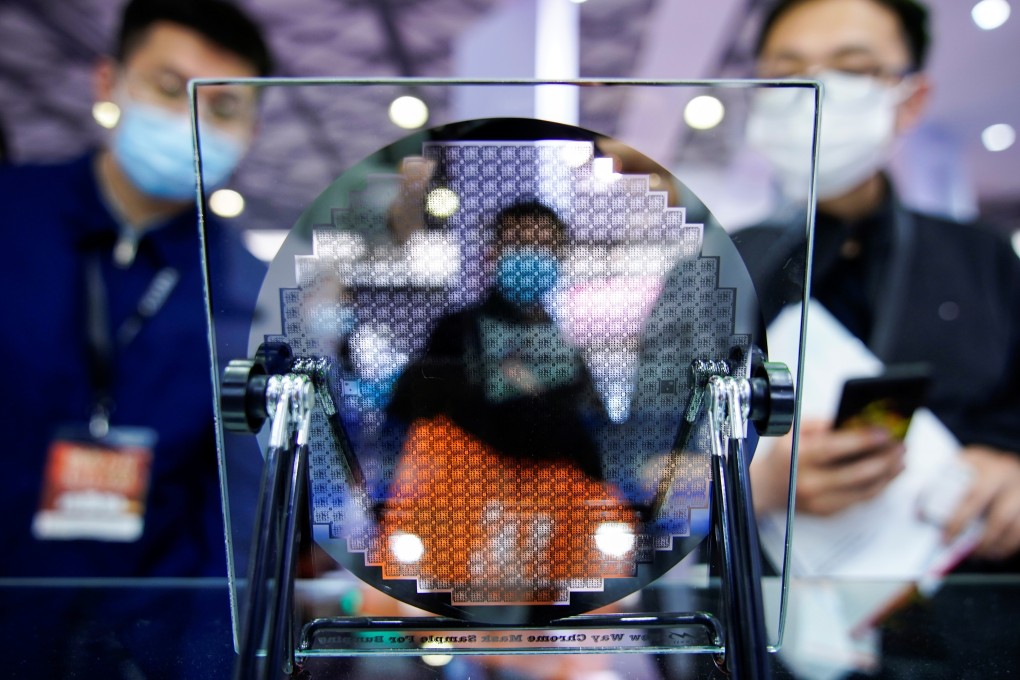US-China tech war: TSMC helps make breakthrough in semiconductor materials that could push back the ‘end’ of Moore’s Law
- Using the semi-metal bismuth, researchers from TSMC, MIT, and NTU have shown a way to make chips smaller than 1nm
- However, analysts say the breakthrough will not be ready for commercialisation for about a decade

Scientists and researchers from TSMC, Massachusetts Institute of Technology (MIT) and National Taiwan University (NTU) have shown in a paper, published in the scientific journal Nature, a process that uses the semi-metal bismuth to enable the manufacture of semiconductors below 1-nanometer (nm), according to an announcement published on NTU’s website.
While today’s most advanced technologies can produce chips as small as 3nm, this latest breakthrough has the potential “to break the limits of Moore’s Law,” explained NTU professor Chih-I Wu, one of the 23 authors, in the announcement.
First observed by Intel co-founder Gordon Moore in 1965, Moore’s Law has become a “rule of thumb” about the advancement of computing power, maintaining that the number of transistors on a chip doubles roughly every two years while the overall cost of that computing power halves.

Chip makers, and world governments, are pushing the physical limits of semiconductors in a race to own a key piece future technology.